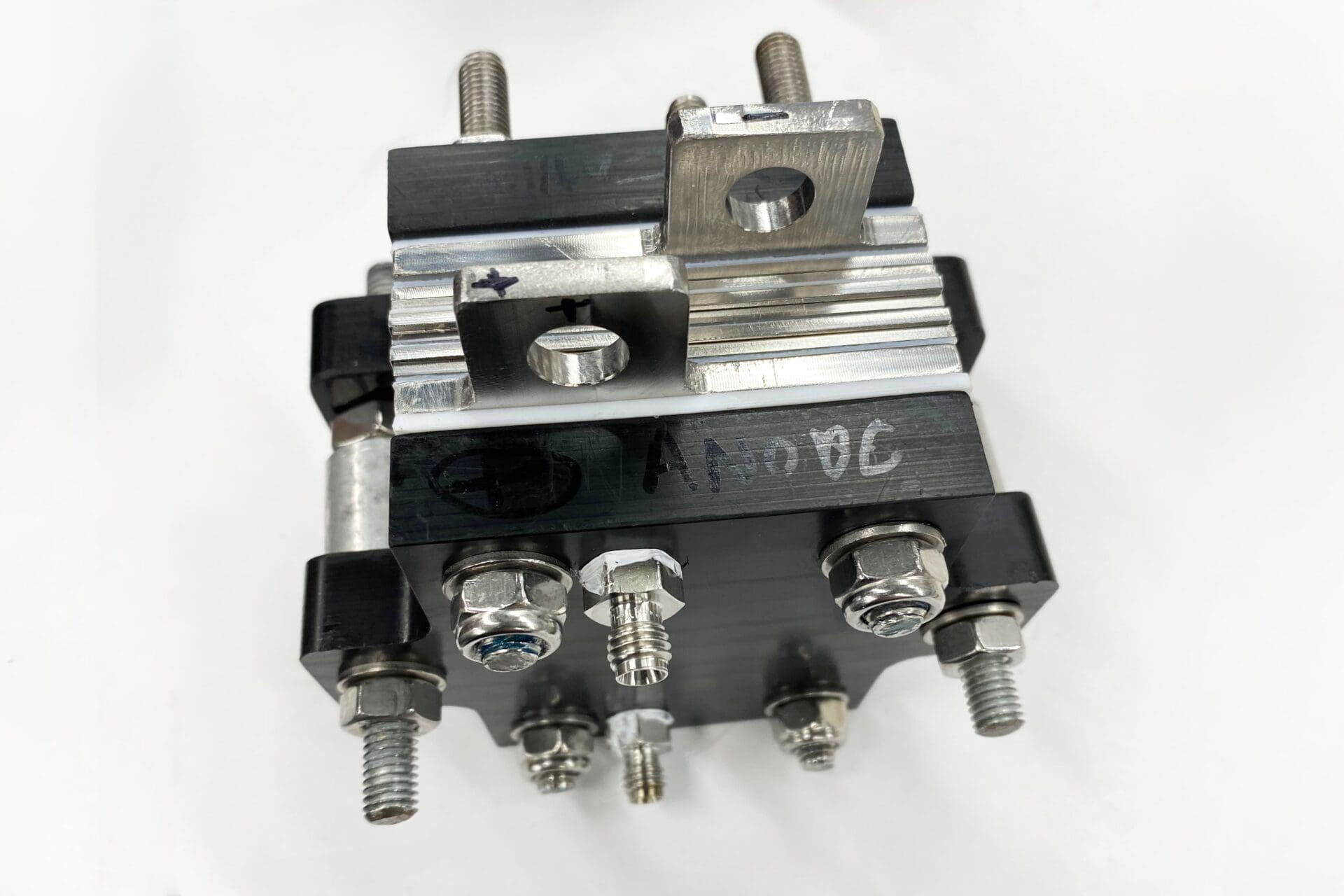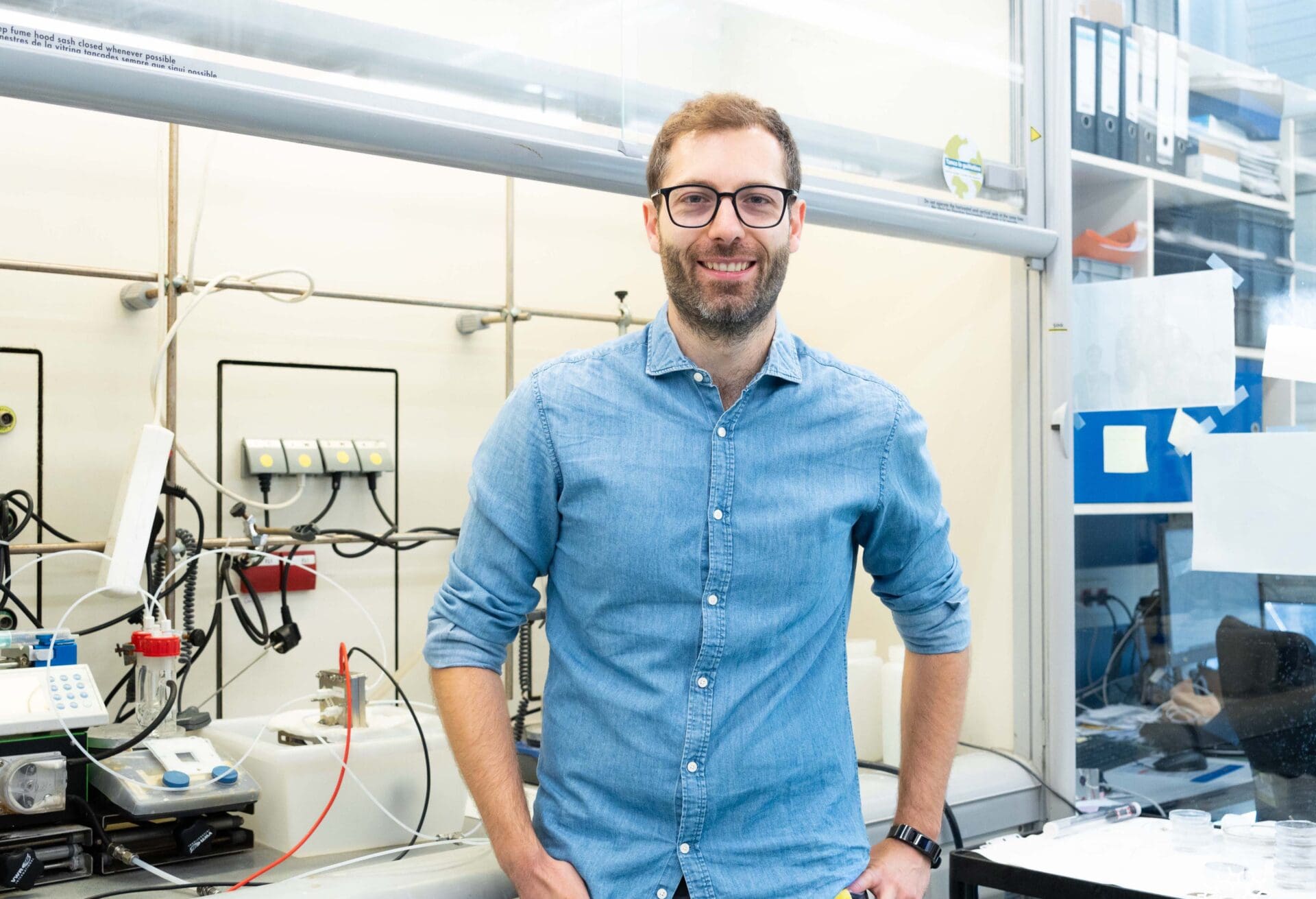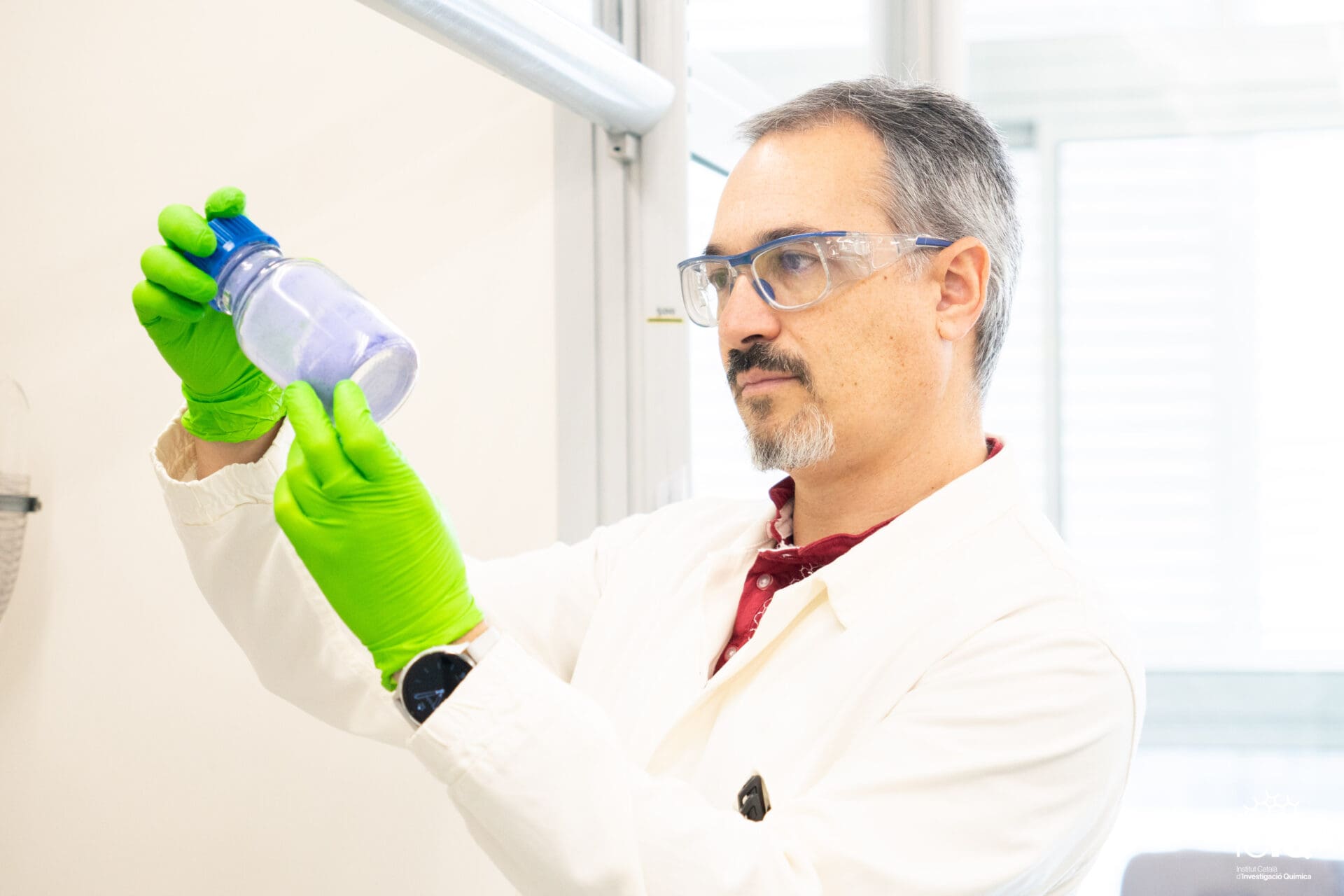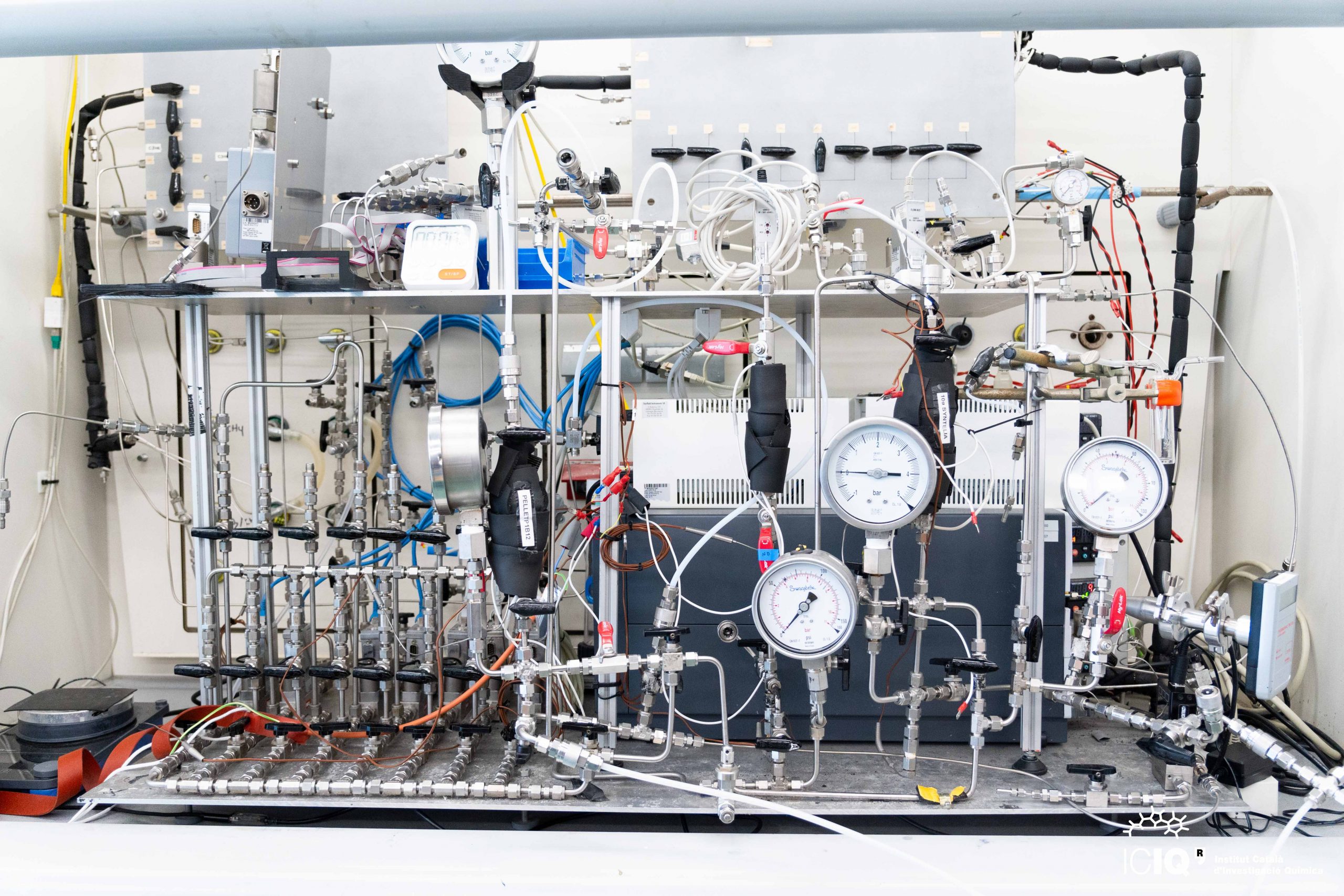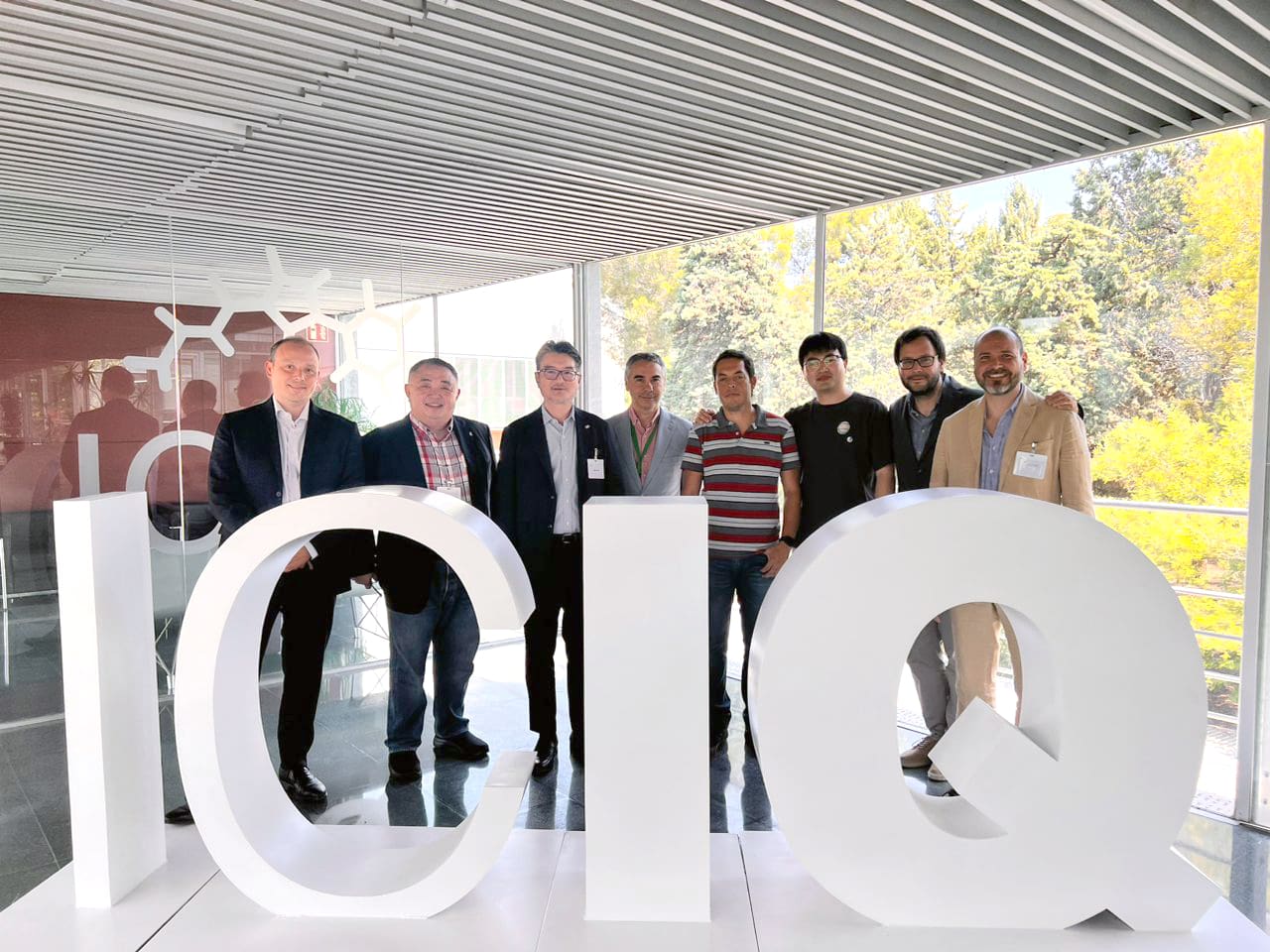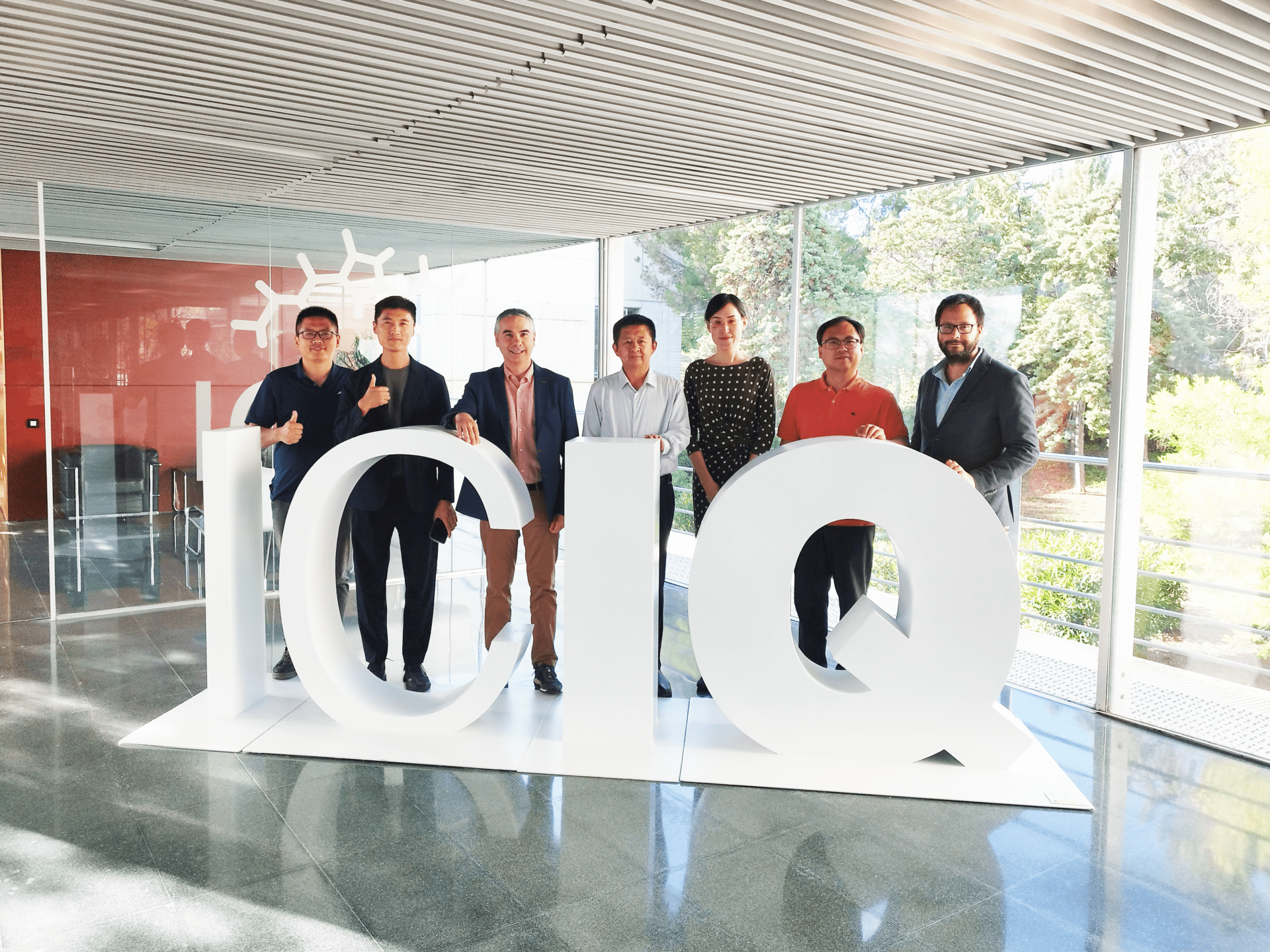ICIQ and UPC develop sustainable printing inks from corn to decrease the dependency on fossil-based sources
The Royal Society of Chemistry selects the article in its sustainable development themed collection
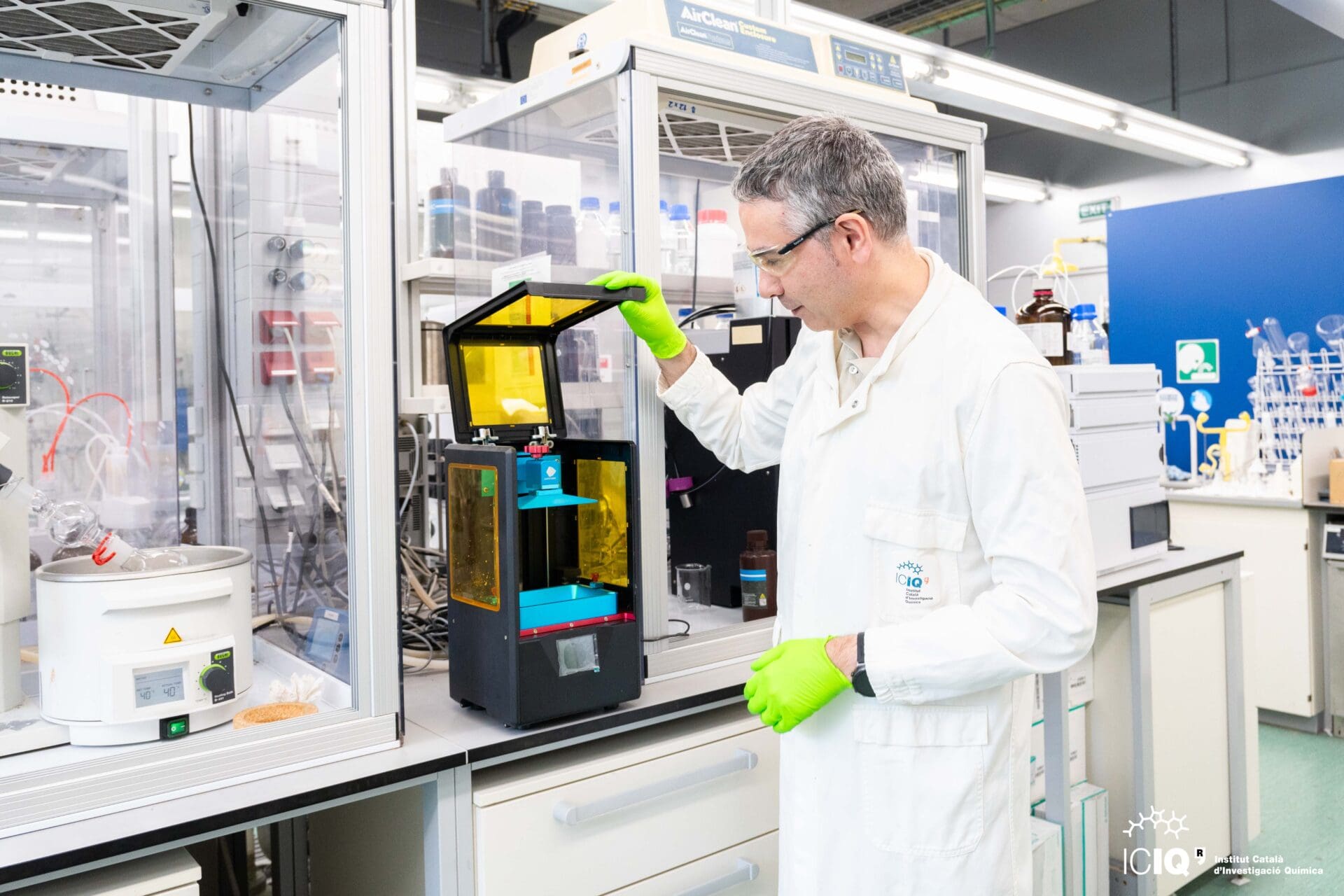
The 3D-prototyping industry demands more resins free from petroleum-based sources to get sustainable additive manufacturing technologies. To achieve this, the Institut Català d’Investigació Química (ICIQ-CERCA) and the Universitat Politècnica de Catalunya (UPC) have developed a new sustainable printing ink from corn.
The research has culminated in the publication of an article in the Applied Materials journal from the Royal Society of Chemistry, which has selected it in its sustainable development themed collection “SDG12: Responsible Production and Consumption”. The collaboration consisted of a team from the UPC led by Prof. Elaine Armelin, and ICIQ’s Knowledge and Technology Transfer and Industrial Projects (ICIQ-KTT) area under the supervision of Dr. Fernando Bravo.
The ink developed by the team comes from natural sources, such as succinic acid derived from corn, and aims to decrease dependency on fossil-based formulations. The bio-based monomer was obtained through an easy single-step procedure, providing components that are liquid and easy to formulate as a 3D-printable ink. This simple process is key to making the pigment easily available for the industry. These factors facilitate their use as blend components and allow an increase in their bio-based content to a remarkable 50%.
The ICIQ team formulated the bio-component and printed it using DLP (digital light processing) printer technology. Moreover, ICIQ’s researchers also characterised the samples by photo-rheometry, DSC/TGA and the thermomechanical properties by DMA and tensile testing machine.
The research is part of the Base-3D Project, supported by Secretaria d’Universitats i Recerca del Departament d’Empresa i Coneixement de la Generalitat de Catalunya and Programa Operatiu FEDER de Catalunya 2014-2020. This project aims to support additive manufacturing technologies through a process of technological maturation and to promote their implantation in the Catalan industry, operating rooms, companies and classrooms.
This is the second polymerisable ink that ICIQ has helped to develop within the Base3D project. The first one, also in collaboration with UPC, was a biodegradable polymer that allowed printing with excellent properties, such as high dimensional stability and rapid degradation, within approximately 90 days upon contact with water. Furthermore, this polymer was non-cytotoxic, and its particles didn’t harm cells when it underwent biodegradation.
Research in this field is key to changing the sources of materials used in 3D printing technologies. The Base-3D Project works with different subprojects to bring new materials: Light3D (laser and other light technologies, including ICIQ’s previous research), Fus3D (technologies for deposition of semi-molten material), Ink3D (technologies for the deposition of continuous inks) and Hybri3D (technologies for multimaterial hybridisation).
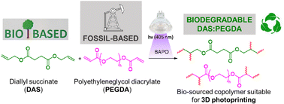
Hodásová, L., Isarn, i., Bravo, F., Alemán, C., Borràs, N., Fargas, G. & Armelin, E.
“Synthesis of bio-sourced liquid resins and their photopolymerization with poly(ethylene glycol) diacrylate in the roadmap to more sustainable digital light processing technologies
RSC Appl. Polym., 2024, 2, 284 DOI: https://doi.org/10.1039/D3LP00207A
This project is supported by Secretaria d’Universitats i Recerca del Departament d’Empresa i Coneixement de la Generalitat de Catalunya and Programa operatiu FEDER de Catalunya 2014-2020. Reference: 001-P-001646.


Related news

Let's create a brighter future
Join our team to work with renowned researchers, tackle groundbreaking
projects and contribute to meaningful scientific advancements






 17-12-2024
17-12-2024 